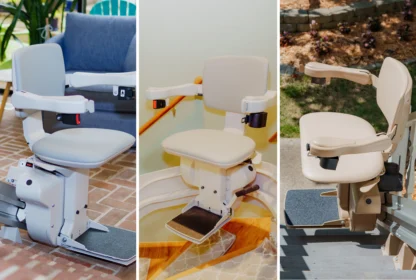
As you examine franchising as a career option, you may come across some unknown terms. While the definition of even the most basic franchise terms differs across the industry, here is our run-down of commonly used financial franchise jargon to help you get started. (Please keep in mind that the definitions below have been simplified for your ease of reference. They are not exhaustive and should in no way be relied on as legal or financial definitions).
Franchise: A continuing commercial relationship or arrangement under which: 1) a franchisor grants to franchisee the right to operate a business under certain defined trademarks; 2) a franchisor exerts certain control over or provides significant assistance with respect to, the franchisee’s method of operation; and 3) where the franchisee pays money to the franchisor in exchange for the business opportunity.
Franchisor (aka Zor): The company that grants franchises to franchisees.
Franchisee (aka Zee): Any individual or business entity who is granted a franchise.
Initial Franchise Fee: The initial fee charged by a franchisor in exchange for the sale of the franchise opportunity to a franchisee. Our current initial franchise fee ranges from $32,500 to $55,000.
Royalty Fee: Typically a percentage of gross sales paid to the franchisor, though some franchise systems’ royalty fees may be structured in other ways (i.e. flat fee or built into cost of products purchased). Royalty Fees may be paid on a weekly, monthly, or other periodic bases. See our royalty fees from 101 Mobility: The Facts.
Marketing Fee/Advertising Fee: Similar to the royalty fee, marketing-related fees are a norm in franchising and are often due on a weekly, monthly, or other periodic basis set by the franchisor. Such fees may be intended to power national branding, increase the franchise’s reach, create marketing collateral, etc. Check this blog post for the scoop on 101 Mobility’s marketing fees.
Startup Cost/Initial Investment: The range in dollar amount required to open and begin operating a franchised business. Typically, this will include, among other costs and expenses, initial fees, startup expenses like real estate, equipment, supplies, licensing, and working capital.
Working Capital: Funds used by franchisees during the ramp-up period of their franchised business to cover operational expenses such as office rent, employee salaries, utilities, and other regular expenses. Working capital may be cash, trade credit, and/or financed.
In-House Financing: Financing offered by the franchisor to assist the franchisee with expenses. At this time, 101 Mobility does not offer in-house financing.
Third-Party Financing: This term refers to sources for loans or capital obtained from parties other than the franchisor, and may include commercial banks, Small Business Administration (SBA) loans, 401(k)/IRA business financing, etc. When you choose a franchise, check to see if the franchisor has relationships with banks or can guide you to SBA resources in order to secure financing.
When researching a franchise opportunity it is always a good idea to utilize the services of a trusted legal and financial advisor. If you have questions about the 101 Mobility® franchise system, browse 101mobility.com/franchiseopportunity or learn more about our company at 101Mobility.com.
References
1. https://www.ftc.gov/sites/default/files/070330franchiserulefrnotice.pdf
2. https://www.entrepreneur.com/article/224571
3. https://www.franchisingventures.com/franchising_glossary.html
4. https://www.franchoice.com/franchise-information-guide/what-is-franchise/franchising-glossary


